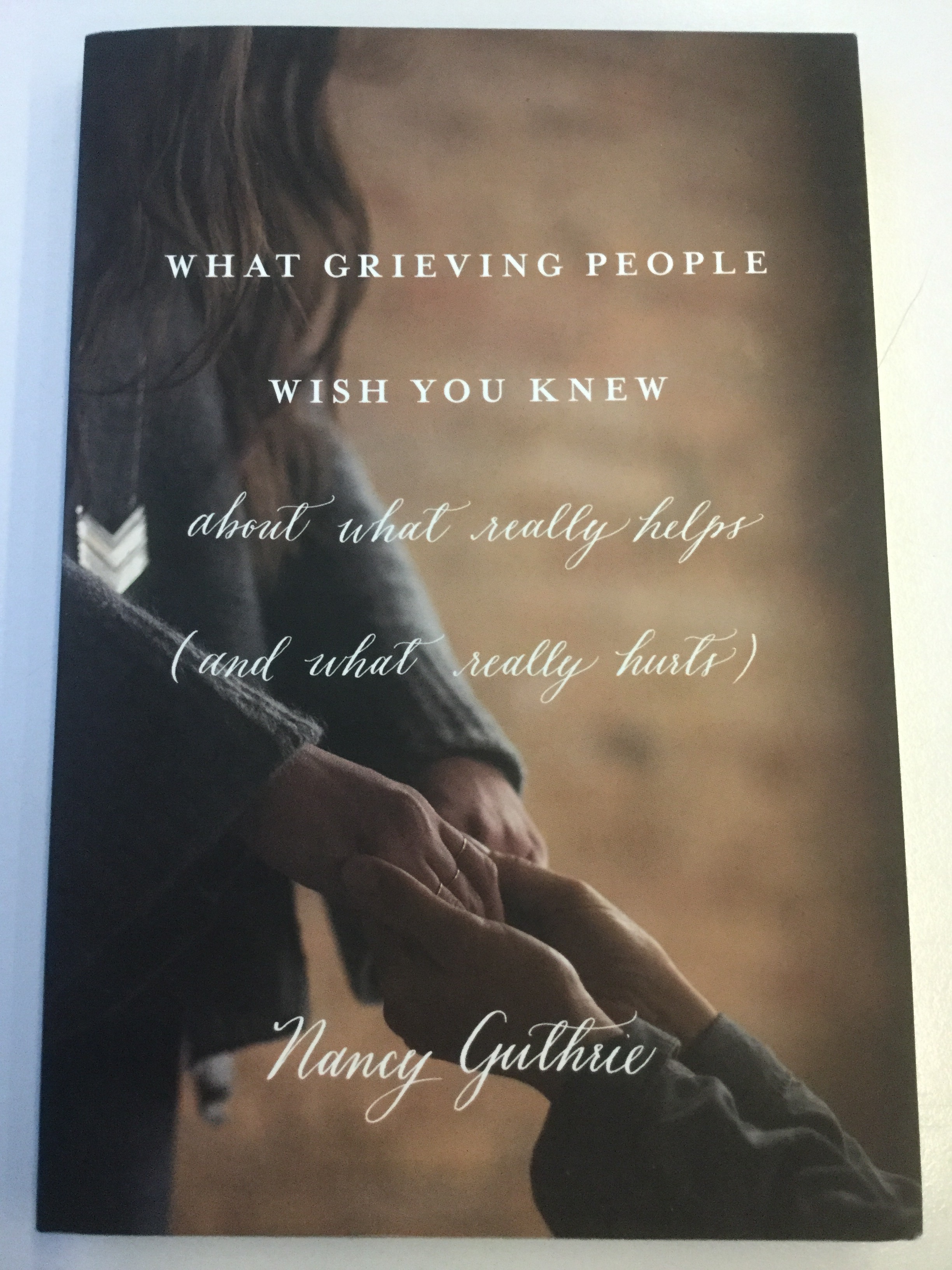My bunch of keys sometimes get quite tangled. Maybe you have a set that does the same. The other day they got into such a tangle that it seemed like the only way to sort them out was to take the whole bunch apart. I didn’t have time just then so I put them in my coat pocket to sort another time.
 The next day I reached into my pocket, pulled out the bunch of keys and you guessed it, they were completely untangled. I was so stunned by it – they were really tangled – that it got me thinking how this could be. Did the molecules of that bunch of keys just happen to perfectly align as they were before – untangled? I have absolutely no idea.
The next day I reached into my pocket, pulled out the bunch of keys and you guessed it, they were completely untangled. I was so stunned by it – they were really tangled – that it got me thinking how this could be. Did the molecules of that bunch of keys just happen to perfectly align as they were before – untangled? I have absolutely no idea.
Was it luck then? Some would call it that. It certainly saved me some time, frustration and maybe a broken nail or two. To some, that explanation makes perfect sense. Not luck you say, that’s just how it is. We simply live in an uncaring impersonal world and my bunch of keys just untangled themselves. Who cares about your keys! But think for a moment and apply the same principle to a cancer diagnosis. It’s still an impersonal uncaring world and the molecules just happened to align into a death sentence or months of treatment. Suddenly it matters. Or what if the molecules uncaringly aligned in the shape of a car and ran you over. Suddenly it’s personal and your impersonal uncaring world is important. The way you see the world changed. It’s personal and it matters.
It’s funny and ‘hip’ (perhaps as a student) to have a poster that says ‘Shit Happens’ Except no one lives like that. Not really. Posters like that are a distraction at best and at worst a terrible lie. But your attitude to something simple like an untangled set of keys or similar ‘unimportant’ event will speak volumes. One of my sociology lecturers would say, and did say when I briefly discussed ‘meaning’ with him – ‘but what if it doesn’t matter and there is no meaning’. Which is what he seemed to think. Well, what if it doesn’t matter. It’s ok (it isn’t really) to think like that in an academic high tower: but if I had randomly decided to smash his kneecap with a hammer I’m guessing that would matter an awful lot! If nothing else, the pain would communicate meaning.
 But instead of it being luck, or a random favourable – or unfavourable – alignment of molecules; what if it were an intervention of God. What we call a Providence of God – good and bad. If we put it down to God that introduces meaning and purpose into even the most unimportant things like my set of keys. It changes everything. No ‘random’ lining up of molecules here.
But instead of it being luck, or a random favourable – or unfavourable – alignment of molecules; what if it were an intervention of God. What we call a Providence of God – good and bad. If we put it down to God that introduces meaning and purpose into even the most unimportant things like my set of keys. It changes everything. No ‘random’ lining up of molecules here.
Just to be clear I am uninterested in suggesting some random deity to hang every occurrence on, good or bad, but rather the Christian God, the God of The Bible, The God and Father of our Lord Jesus Christ.
Years ago a man I used to work with said ‘The trouble with you Christians is that if anything good happens you put it down to God but if anything bad happens you conveniently blame the devil’. As if God needs excusing. That may be a popular misconception and if it is it could be our fault as Christians for miscommunicating. But I had to explain that both good and bad come from God. In fact, if you’re familiar with the book of Job you might recall the following exchange;
Job 2:9 Then his (Job’s) wife said to him, “Do you still hold fast your integrity? Curse God and die.”
Job 2:10 But he said to her, “You speak as one of the foolish women would speak. Shall we receive good from God, and shall we not receive evil?” In all this Job did not sin with his lips.
Job’s wife foolishly urges him to curse God because of the disaster that had happened. And let’s not call it something it isn’t. When things like this happen it is disastrous. Plastic Christian smiles will do no good in the face of tragedy. We need something substantial. I have observed, as you must have, that wishing someone ‘Good luck’ or ‘All the best’ or even ‘We’re thinking of you’ just doesn’t cut it. It’s good that people wish us well and it may lift our spirits momentarily. And, it might be you will breeze through life without a care in the world and tragedy and heartache will pass you by. It happens. But eventually, there is a God to face. You know this. Which is why I’m linking to a message that lays out the Gospel of Christ briefly but simply and truthfully. Follow this link to a message ‘Why I am a Christian’ by James White.
Since starting this article I bought a copy of Chance and the Sovereignty of God: A God-Centred Approach to Probability and Random Events by Vern Poythress. I’m not a mathematician, and there’s a lot of maths in the book! But there’s enough theology and plain sense for me to understand what I’ve read so far. The book is available free as an e-book here.
Here’s a brief excerpt from the book introduction:
THE ISSUE OF CHANCE
[He described an incident where his family escaped from a serious ‘accident’]
What do we say about this incident? Some people would say we were “lucky.” We escaped “by chance.” It just happened to be the case that the oncoming cars found room to our left and to our right. Or was it the hand of God’s providence? We felt afterwards as if an angel had pushed the cars to this side and to that. God had sent an angel to protect us. But we did not actually see an angel. Nor did we see a hand reaching down from heaven to move the cars. Was it just our imagination? Was our escape a “miracle,” or was it just an “accidental” result of driver reactions and physical processes?
We escaped. But not everyone does. For every story of a narrow escape, someone else can tell a distressing story of not escaping. Someone tells of being in a horrible auto accident, nearly dying from the injuries, losing an arm or a leg, and spending months recovering. And the accident could have been avoided, if only the oncoming car had swerved a little earlier or a little later. Was the accident “by chance”? Was God in control? If I am ready to acknowledge God’s control when my family escapes an accident, should I also acknowledge that God is in control when someone else suffers from an unpredictable tragedy? Or do tragic cases involve pure chance, beyond God’s control? And if God is in control, did he actually plan the events beforehand, or did he just react to the unfolding events at the last moment?
Big accidents and near accidents have drama to them. But what about the small things? Yesterday I could not find my checkbook. Today I found it in a pocket of my briefcase where it did not belong. Accidentally, it must have fallen into the wrong pocket when I dropped it into my partially opened briefcase. It got misplaced “by chance,” someone might say.
What about totally unpredictable events, like the flip of a coin or the roll of dice? Every time we flip a coin, the result is unpredictable. It comes up heads or tails “by chance.” What do we mean by the word chance? What is it?


